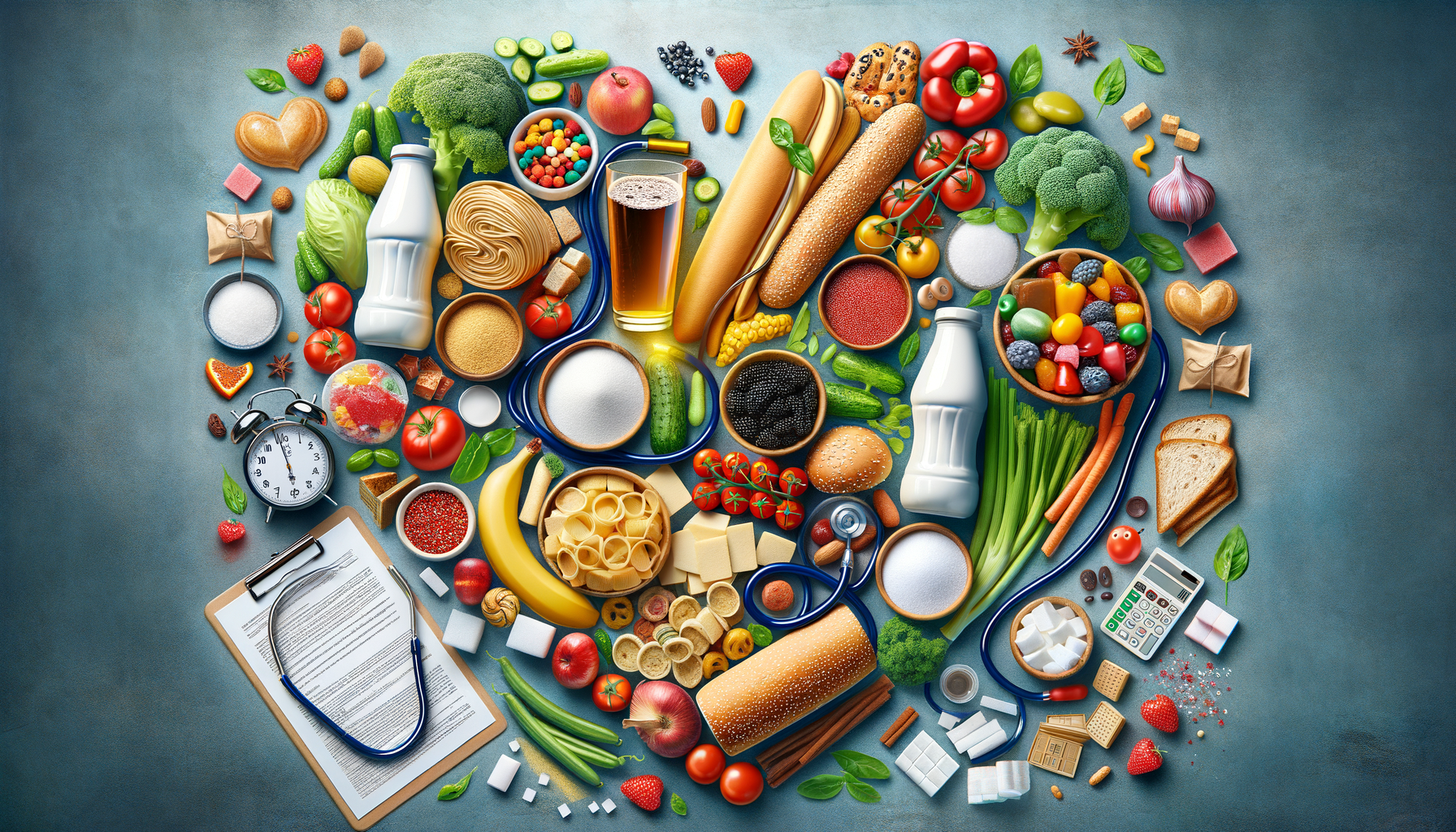
7 common foods that may raise your blood pressure
Understanding Blood Pressure: The Basics
Blood pressure is a vital sign that reflects the force exerted by circulating blood on the walls of the body’s arteries, the major blood vessels in the body. It is typically expressed in terms of the systolic pressure (the top number) over diastolic pressure (the bottom number), measured in millimeters of mercury (mmHg). A normal blood pressure reading is generally considered to be around 120/80 mmHg.
Maintaining normal blood pressure is crucial for overall health, as both high and low blood pressure can lead to various health complications. High blood pressure, or hypertension, is a common condition that can increase the risk of heart disease, stroke, and other serious health problems. Conversely, low blood pressure, or hypotension, can cause dizziness and fainting and may indicate underlying health issues.
Understanding blood pressure involves recognizing the factors that can influence it, such as diet, exercise, stress, and genetics. By being aware of these factors, individuals can take proactive steps to manage their blood pressure effectively, ensuring better long-term health outcomes.
The Impact of Diet on Blood Pressure
Diet plays a significant role in managing blood pressure levels. Certain foods can contribute to higher blood pressure, while others can help lower it. For instance, foods high in sodium, such as processed snacks and fast foods, can lead to elevated blood pressure levels. Sodium causes the body to retain water, which increases the volume of blood in the bloodstream, thereby raising blood pressure.
Conversely, foods rich in potassium, magnesium, and fiber can help lower blood pressure. These nutrients help balance the effects of sodium and support healthy blood vessel function. Leafy greens, berries, and whole grains are excellent choices for those looking to maintain healthy blood pressure levels.
Adopting a balanced diet that includes a variety of nutrients is essential for blood pressure management. By making mindful food choices, individuals can significantly impact their blood pressure and overall cardiovascular health.
Common Foods That May Raise Blood Pressure
While many foods can contribute to higher blood pressure, some are more notorious than others. Here are seven common foods that may raise your blood pressure:
- Salted snacks: Chips, pretzels, and other salty treats are high in sodium, which can lead to increased blood pressure.
- Processed meats: Bacon, sausages, and deli meats often contain high levels of sodium and preservatives.
- Pickles: These are preserved in brine, which is high in sodium, making them a potential blood pressure raiser.
- Canned soups: Many canned soups are loaded with sodium for flavor and preservation.
- Cheese: Certain cheeses can be high in sodium, contributing to increased blood pressure.
- Frozen meals: Convenience meals often contain high levels of sodium to enhance flavor.
- Soy sauce: This popular condiment is extremely high in sodium, which can elevate blood pressure levels.
Being aware of these foods and moderating their intake can help individuals manage their blood pressure more effectively.
Effective Strategies for Managing Blood Pressure
Managing blood pressure requires a multifaceted approach that includes lifestyle changes, dietary adjustments, and, in some cases, medication. Here are some effective strategies to help keep blood pressure in check:
- Regular exercise: Engaging in physical activity helps strengthen the heart, enabling it to pump blood with less effort.
- Healthy diet: Incorporating a diet rich in fruits, vegetables, and whole grains can support healthy blood pressure levels.
- Stress management: Techniques such as meditation, deep breathing, and yoga can help reduce stress, a known contributor to high blood pressure.
- Limiting alcohol and caffeine: Reducing intake of these substances can help prevent spikes in blood pressure.
- Regular monitoring: Keeping track of blood pressure readings can help individuals and healthcare providers make informed decisions about treatment and lifestyle changes.
By adopting these strategies, individuals can take control of their blood pressure and reduce the risk of related health complications.
Conclusion: Taking Charge of Your Blood Pressure
Understanding and managing blood pressure is essential for maintaining overall health and well-being. By being informed about the factors that influence blood pressure, including diet, lifestyle, and stress, individuals can take proactive steps to manage their levels effectively.
Making mindful choices, such as reducing sodium intake, engaging in regular physical activity, and practicing stress management techniques, can have a profound impact on blood pressure and long-term health outcomes. By taking charge of their blood pressure, individuals can enhance their quality of life and reduce the risk of serious health issues.